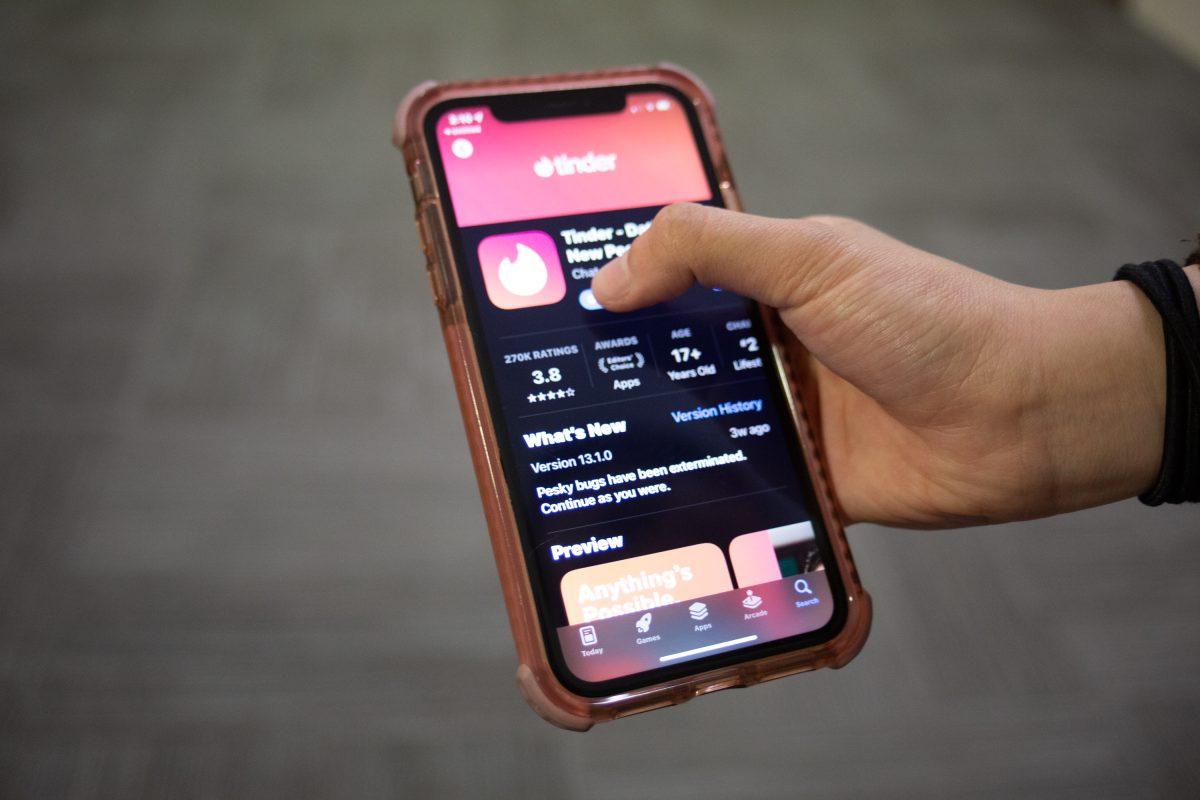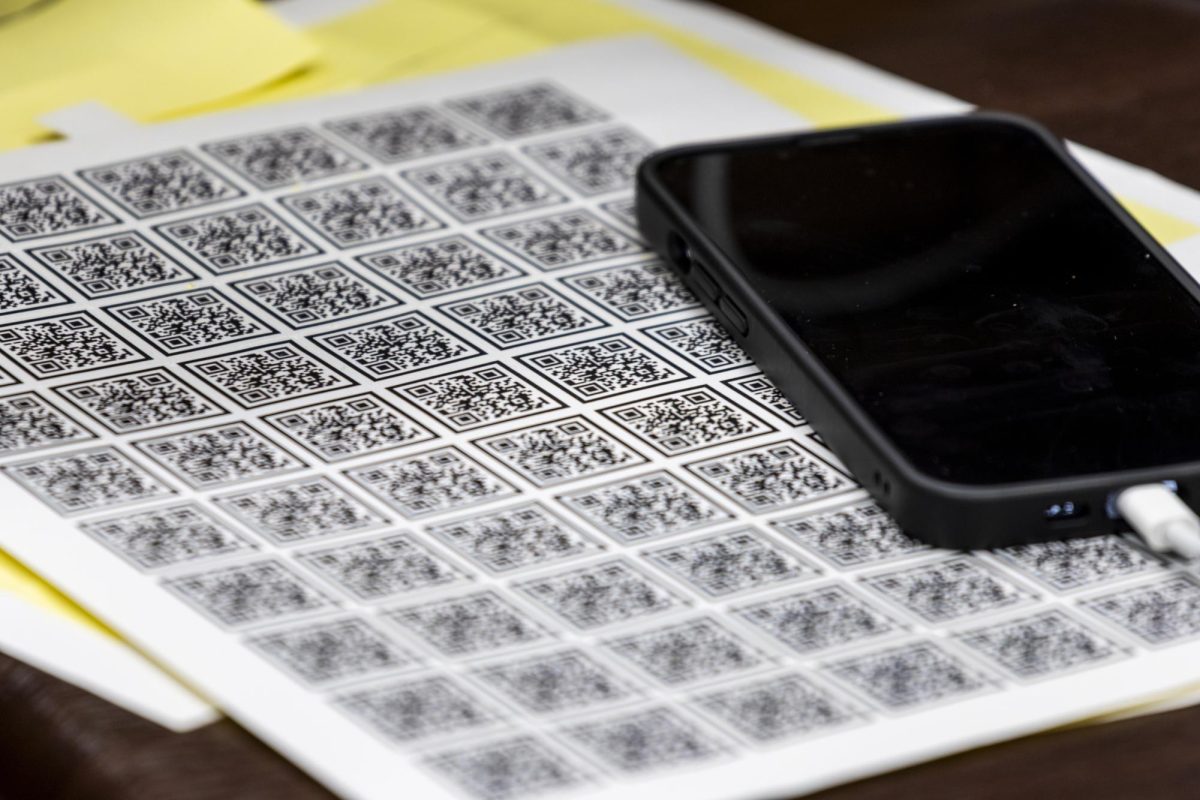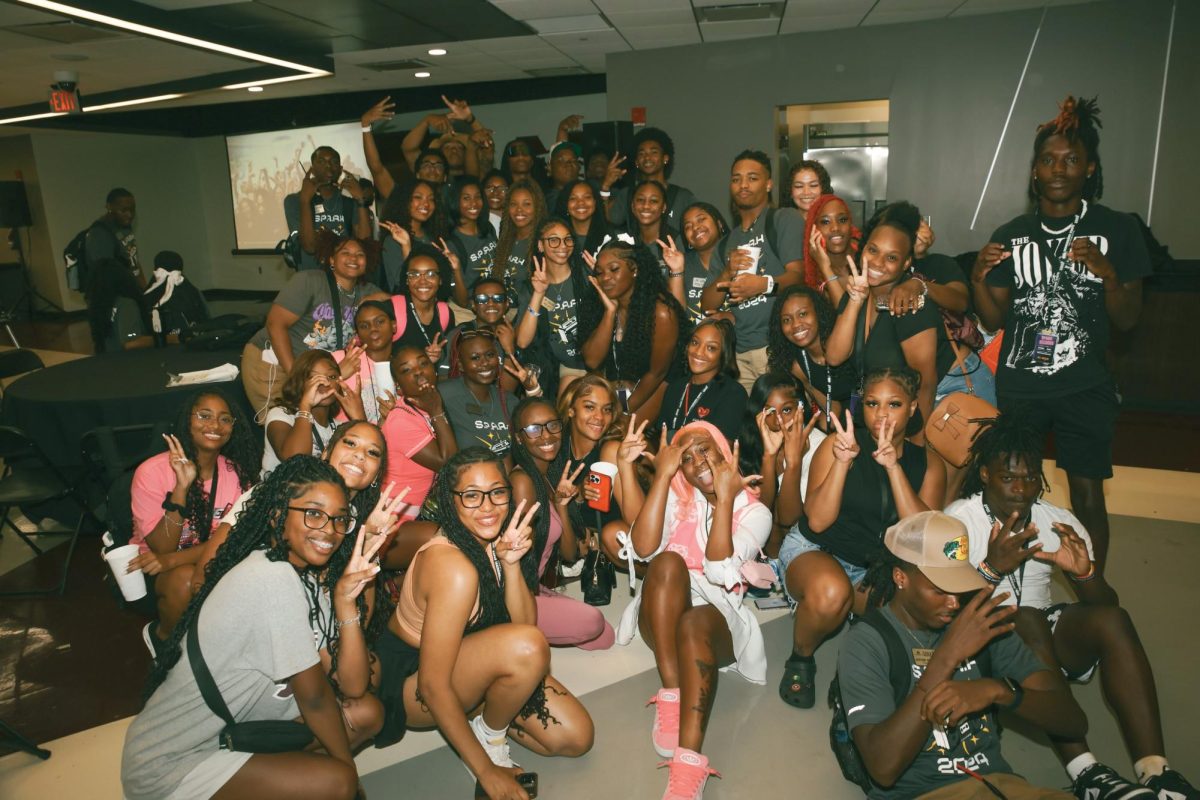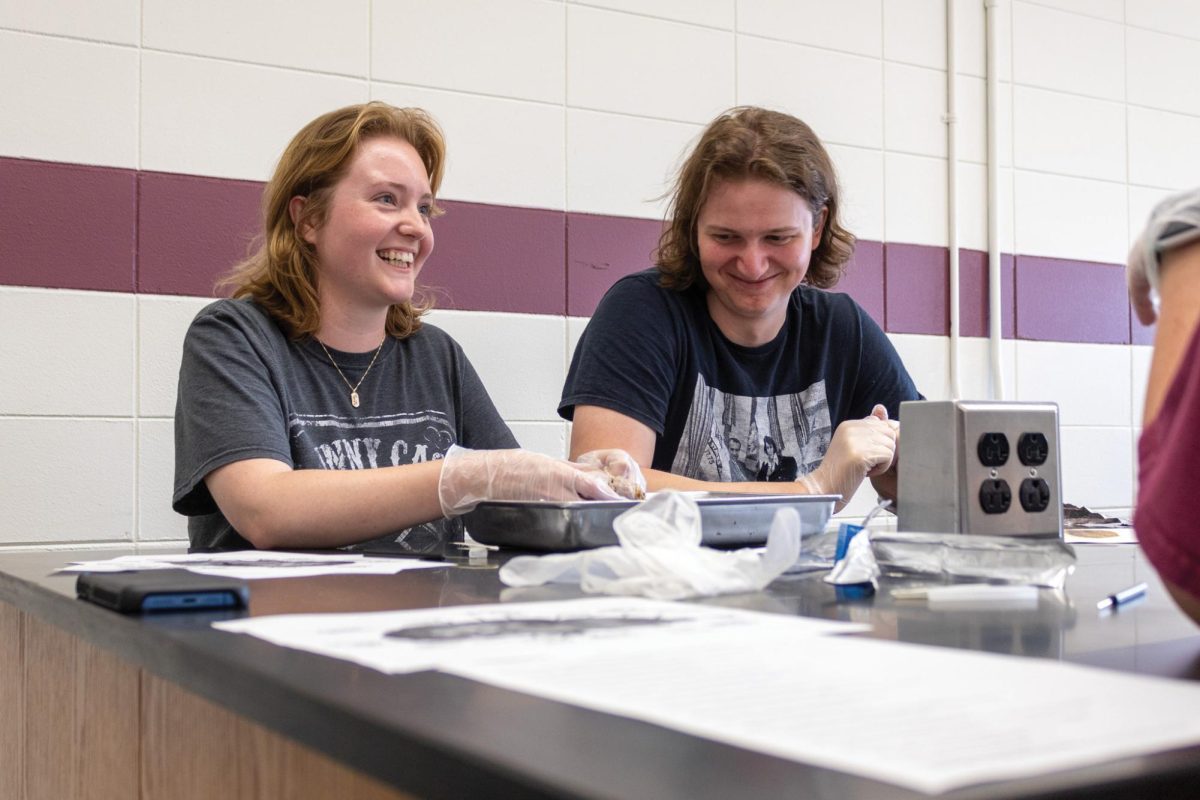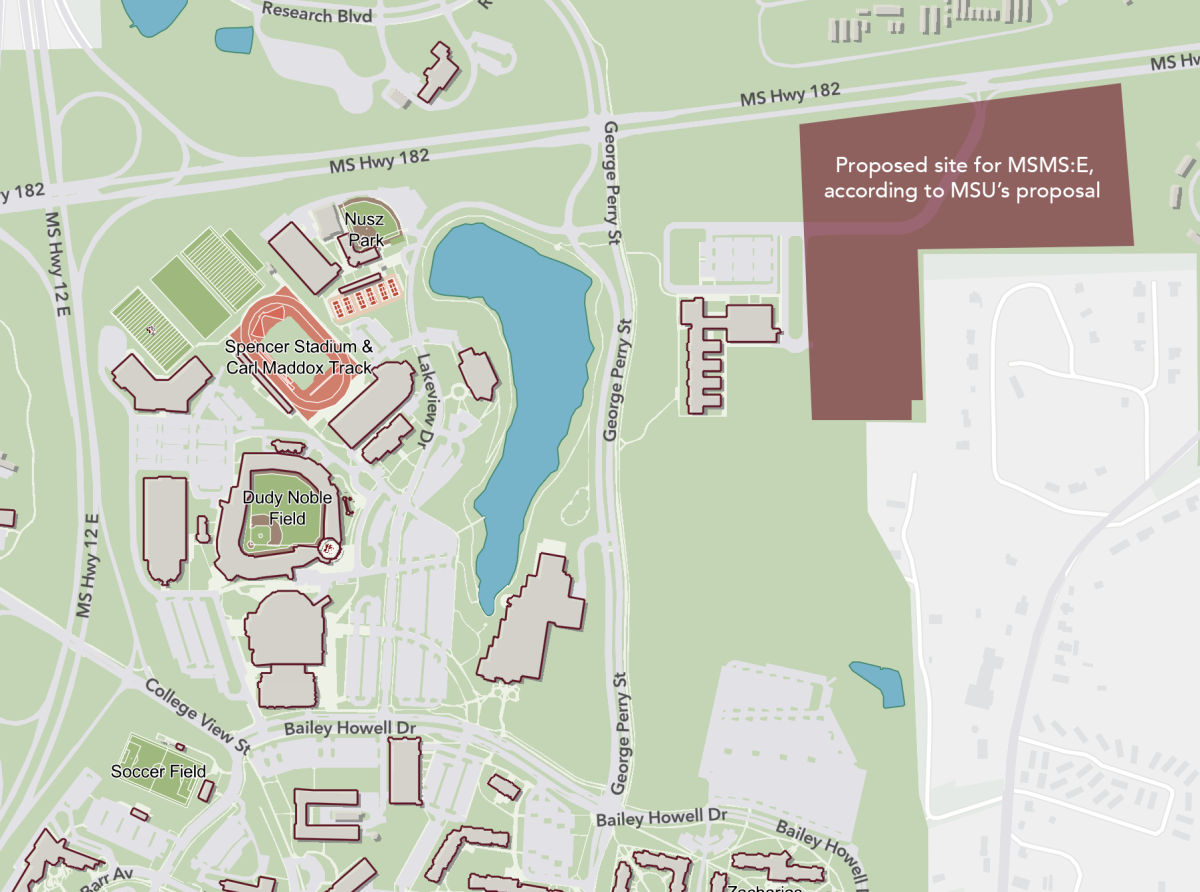Sexploitation cases are on the rise at Mississippi State University.
Sexploitation is when someone on a dating or social media app asks a person to send a nude photo. After receiving the picture, the perpetrator then tells the photo sender to give them money to keep the image private. This is also a form of extortion, which is when someone acquires money by using threats, violence or blackmail.
Even if the person sends the exploiter money to keep the picture private, the exploiter may ask the person to keep sending additional payments, Vice President of Student Affairs Regina Hyatt said. She said the exploiter might not even keep their promise and share the picture with the victims’ family and friends anyway.
MSU Police Chief Vance Rice said the police department has seen at least one or more cases a week of extortion. These cases mainly involve Snapchat, but some involve dating apps. He confirmed that the station has seen an increase in these reports within the last year, especially since the start of 2022.
“It’s been happening all along, we’re just seeing it happen more often, and we’re getting more reports now,” Rice said.
He said he does not know if sexploitation is truly more prevalent now or if people are now more comfortable making reports than in the past.
“If you’re seeing an uptick in something, either one can be true,” Rice said.
Dean of Students Thomas Bourgeois noted that sexploitation on dating apps and social media is not just happening on campus; it is happening everywhere. He said COVID-19 and the pandemic might have played a part in the uptick of sexploitation on MSU’s campus—and worldwide.
The dean said college students are more at risk of sexploitation because they are more likely to engage in risky behavior. Criminals are aware of this, so they prey on 18 to 24-year-olds.
“Where there’s a market, ugly people fill in,” Bourgeois said.
Hyatt added to Bourgeois’s comment and said college-aged people are familiar with social media since they grew up on it, so they believe social media is harmless. Students will chat with strangers online and send them nude photos because they think the person also lives in Starkville or on campus, Hyatt said.
“They just assume the person on the other side (of the screen) is a real person,” Hyatt said.
Rice said people in other countries and people outside of Mississippi are mainly the perpetrators of the sexploitation cases seen on campus. Since most college students have Snapchat and many have dating apps, it is easy for random people to add or match with them on social media or dating apps, the police chief said.
Because MSU PD believes the suspects are mainly international, the local department cannot find and charge the criminals due to the high costs of the investigation. Additionally, Rice said it is unlikely federal agents will pick up the cases because they typically only take cases involving a million dollars or more.
“If the local police won’t take it, the feds won’t take it, so what’s going to happen? Nothing,” Rice said.
However, students should still report to police if they are victims of sexploitation. If the perpetrator lives in the U.S., they can be charged for the crime. MSU PD is working to combat the issue through education and awareness, Rice said.
“I encourage people to report any time they’re a crime victim—no matter what the crime is,” Rice said. “If we don’t know about it, we can’t do anything about it.”
Unfortunately, in the cases Rice has seen, he said it is “extremely unlikely” that a victim is able to get their money back. He said the cases generally involve less than $1,000 lost, but $1,000 can be a hefty price to pay as a college student.
Ultimately, Rice said he believes Snapchat algorithms should be changed to automatically block a user when they threaten someone or demand them for money or nude photos. Rice said reporting extortion cases could pressure Snapchat to become a safer app.
Hyatt offered tips to those who have sent a nude photo or video and are being asked to send money. First, do not send the person money because money will not keep the photos private. Second, screenshot the conversation for evidence and block the person on the app. Lastly, report the crime to local police.
The Office of Survivor Support, the Student Counseling Center and MSU PD also offer on-campus resources for victims.
Rice gave his top tip for online safety.
“Never send a photo on social media that you wouldn’t want your mother to see,” Rice said.
Bourgeois agreed with Rice; however, Bourgeois acknowledged that college students often engage in risky behavior, so he said to think about the consequences and consider all negative options.
The dean said students should meet strangers from online in a group setting in public, instead of a private place. Additionally, having “awkward” dating conversations with friends is another way to stay safe while dating online.
Hyatt agreed and said that while sexual safety conversations may be uncomfortable, being nonjudgemental and supportive of sexploitation victims is important.
“It doesn’t do anyone any good to say, ‘Well, you shouldn’t have sent them pictures.’ At that point in time, that is not helpful,” Hyatt said.
To report an extortion case, contact the MSU Police Department at 662-325-2121 or Starkville Police Department at 662-323-4134.
Reports of sexploitation cases see significant rise on campus
Snapchat and dating apps are commonly used for sexploitation, MSU Police Chief Vance Rice says.
About the Contributor

Heather Harrison, Former Editor-in-Chief
Heather Harrison served as the Editor-in-Chief of The Reflector from 2022 to 2023.
She also served as the News Editor from 2021 to 2022.
0
Donate to The Reflector
Your donation will support the student journalists of Mississippi State University. Your contribution will allow us to purchase equipment and cover our annual website hosting costs.
More to Discover


